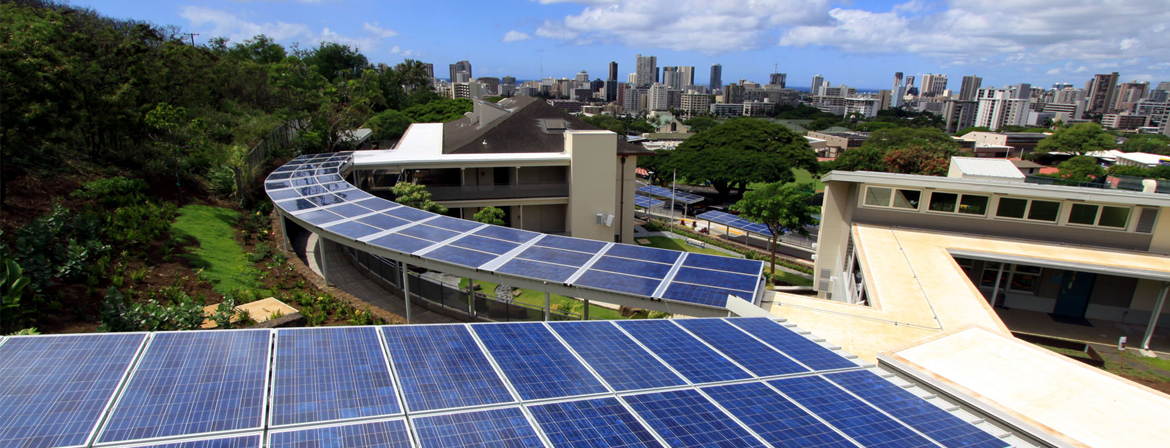Effects of Television Modeling on Residential Energy Conservation
Winett, R. A., Leckliter, I. N., Chinn, D. E., Stahl, B., & Love, S. Q. (1985). Effects of television modeling on residential energy conservation. Journal of Applied Behavior Analysis, 18, 1, 33-44.
Determinants of Responsible Environmental Behavior
Nemiroff, L. S., & McKenzie-Mohr, D. (1992). Determinants and distinguishing variables of pro-disarmament behavior and responsible environmental behavior.. Journal of Social Behavior and Personality, 7, 1, 1-24.
Information and Energy Conservation
Seligman, C. (1985). Information and energy conservation. Marriage and Family Review, 9, 1-2, 135-149.
Consumer Concern, Knowledge, Belief, and Attitude toward Renewable Energy: An Application of the Reasoned Action Theory
Bang, Hae-Kyong; Ellinger, Alexander E.; Hadjimarcou, John; Traichal, Patrick A. (2000). "Consumer concern, knowledge, belief, and attitude toward renewable energy: An application of the reasoned action theory.". Psychology & Marketing, 17, 6, 449-468.
Barriers to Consumer Choice of Energy Efficient Products
Anderson, C. D. & Claxton, J. D. (1982). Barriers to consumer choice of energy efficient products. Journal of Consumer Research, 9, 2, 163-170.
Factors Affecting Energy Consumption: Two Field Tests of the Fishbein-Ajzen Model
Stutzman, T. M. & Green, S. B. (1982). Factors affecting energy consumption: Two field tests of the Fishbein-Ajzen model. Journal of Social Psychology, 117, 2, 183-201.
Characteristics of Nonopinion and No Opinion Response Groups
Faulkenberry, G. D. & Mason, R. (1978). Characteristics of nonopinion and no opinion response groups. Public Opinion Quarterly, 42, 4, 533-543.
Consumer Concern, Knowledge, Belief, and Attitude toward Renewable Energy: An Application of the Reasoned Action Theory.
Bang, Hae-Kyong; Ellinger, Alexander E.; Hadjimarcou, John; Traichal, Patrick A. (2000). "Consumer concern, knowledge, belief, and attitude toward renewable energy: An application of the reasoned action theory.". Psychology & Marketing, 17, 6, 449-468.
The Driver of Green Innovation and Green Image--Green Core Competence
Chen, Y. (2008). The driver of green innovation and green image--Green core competence. Journal of Business Ethics, 81(3), 531-543.
Dormitory Residents Reduce Electricity Consumption when Exposed to Real-Time Visual Feedback and Incentives
Petersen, J., Shunturov, V., Janda, K., Platt, G., & Weinberger, K. (2007). Dormitory Residents Reduce Electricity Consumption when Exposed to Real-Time Visual Feedback and Incentives. International Journal of Sustainability in Higher Education, 8(1), 16.



